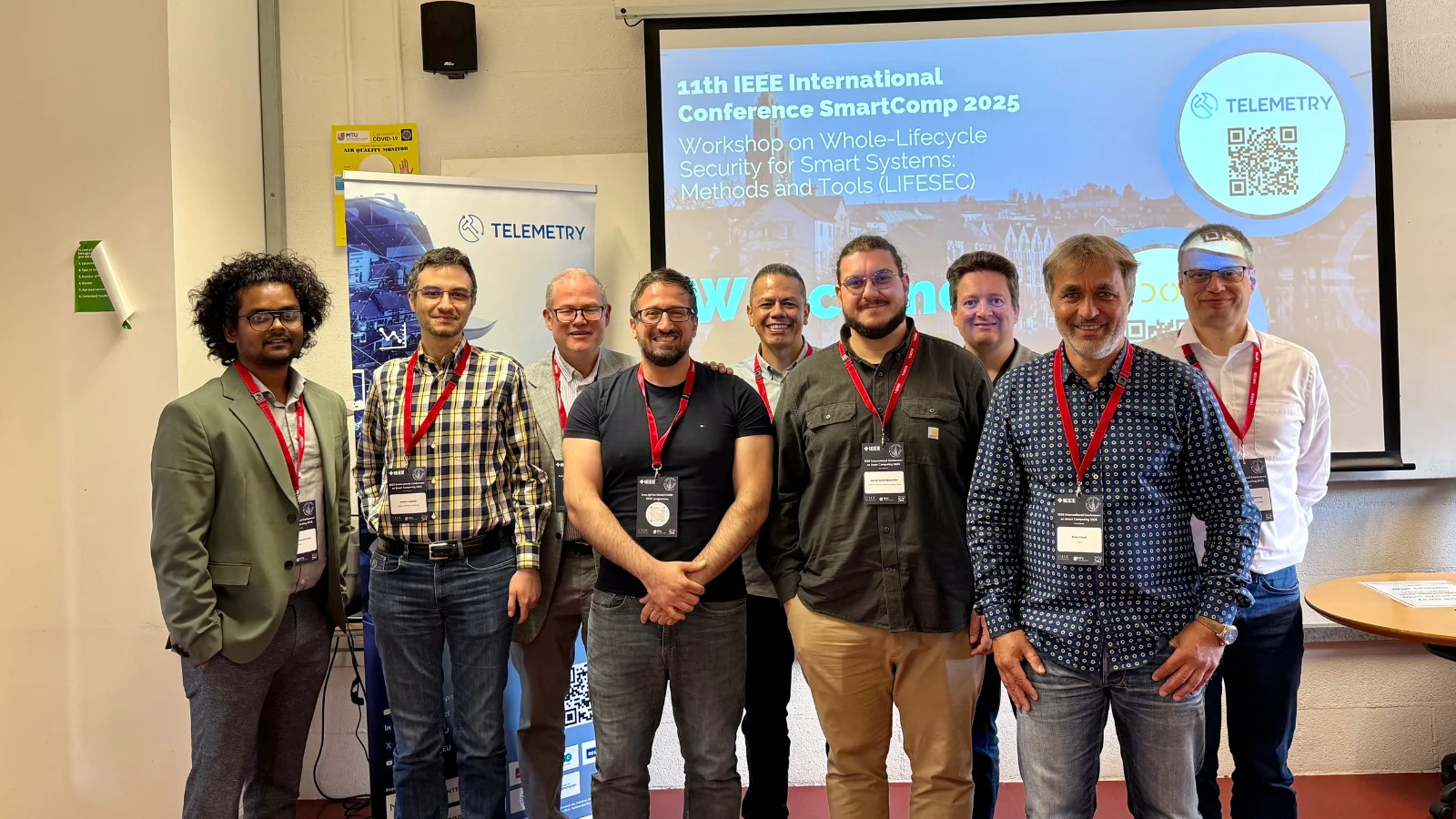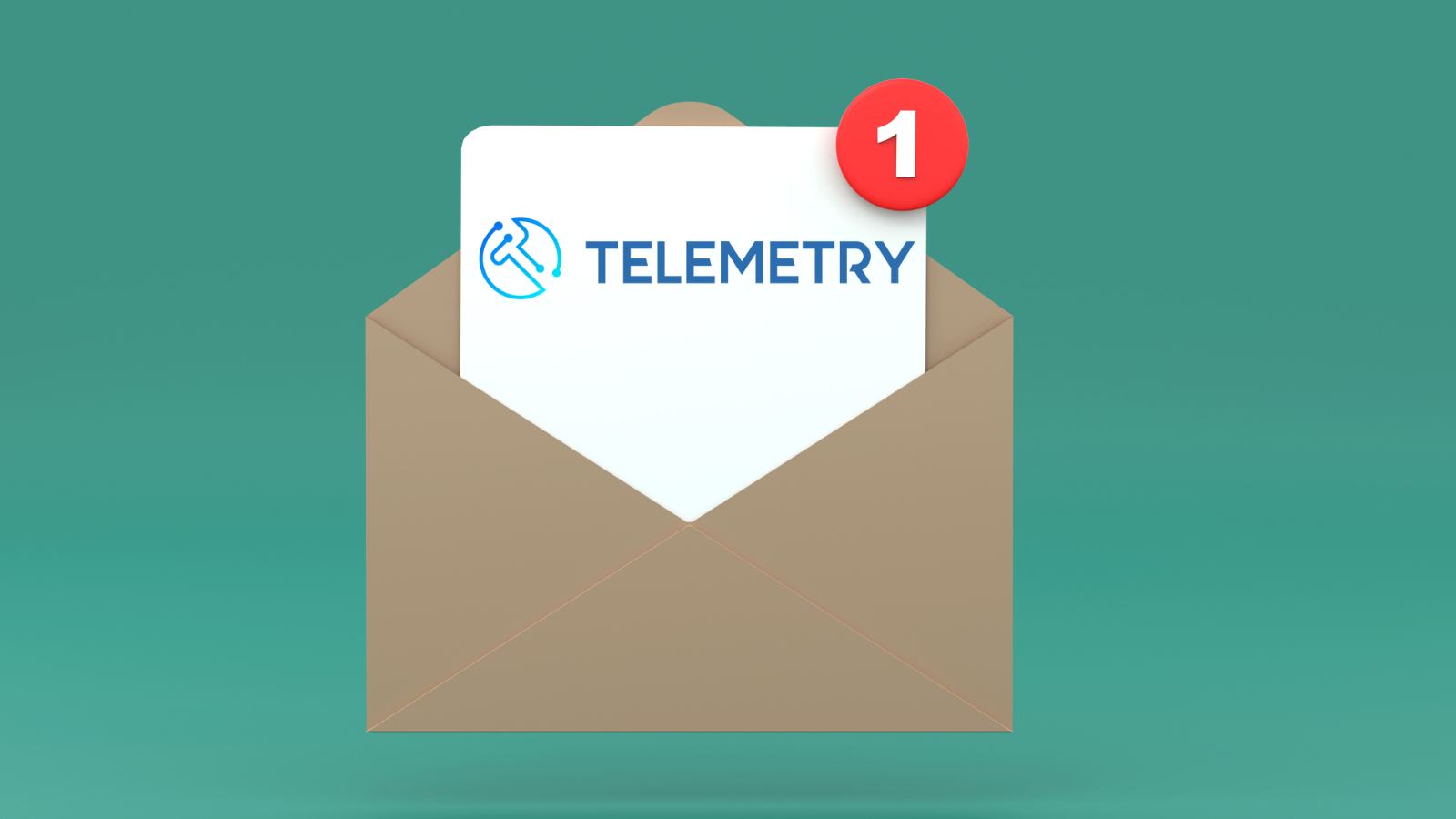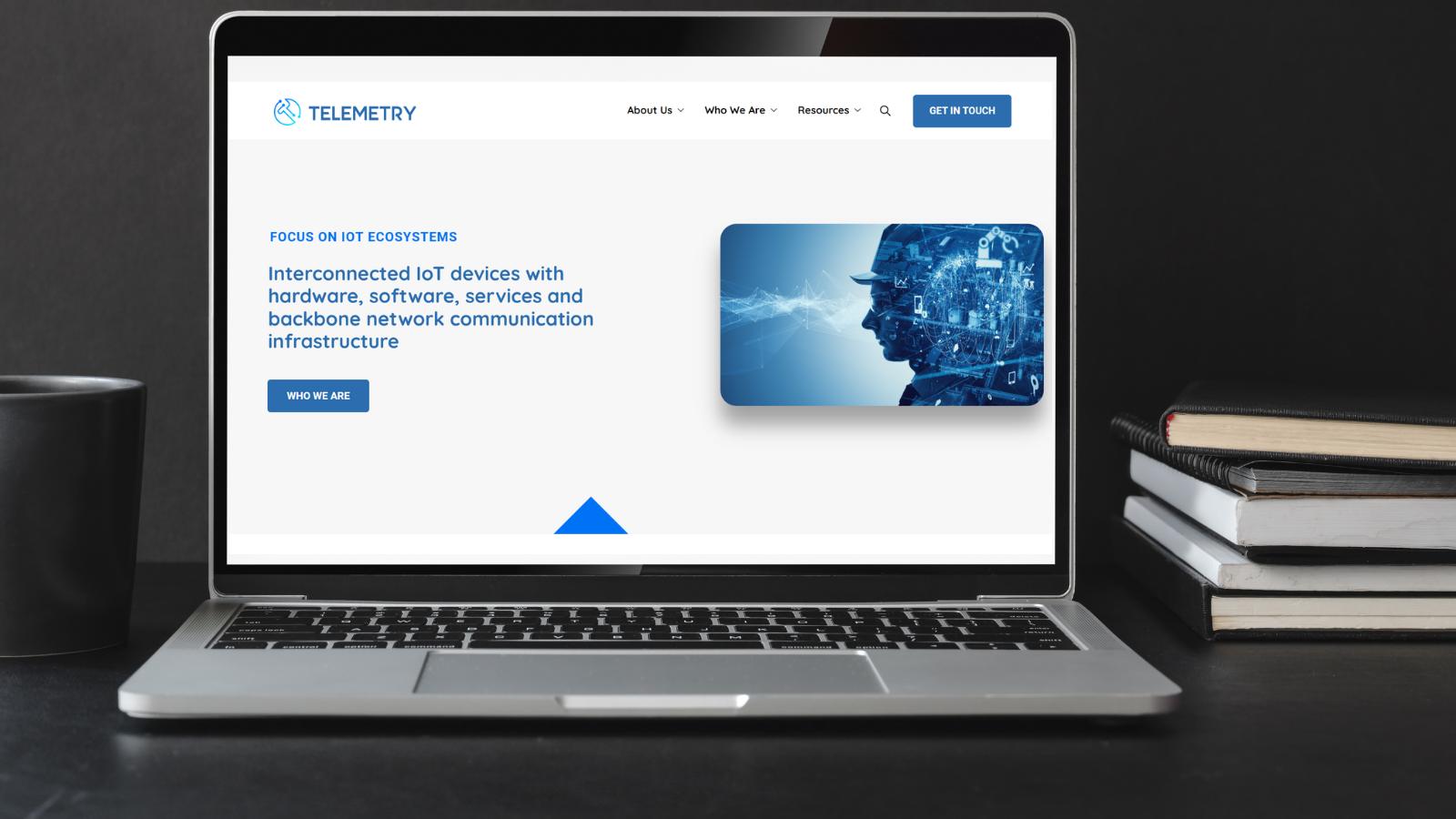Welcome to TELEMETRY project!
Cybersecurity via trustworthy tools and methodologies is a crucial challenge for IoT ecosystems. TELEMETRY project aims to develop and validate novel trustworthy tools and methods for testing and detecting security vulnerabilities in IoT devices and systems. The project is funded by the EU and promotes collaboration by engaging leading experts from academia, research institutions, and innovative private companies across the ICT, telecoms, aviation, manufacturing and consulting sectors.

What we do

What we aim for

Our Expectations
Meet the TELEMETRY Project
Latest News
By Bernd Ludwig Wenning & Pasindu Manisha Kuruppuarachchi, MTU* What is trust? Generally speaking, trust..
We’re excited to share the third issue of our project’s newsletter, bringing you the latest..
On June 23rd, 2025, we held the online workshop “Innovation in Action: Strategies for Exploiting..
On June 16, 2025, the LIFESEC Workshop took place in Cork, Ireland, as part of..
On 29 November 2024, the Nimbus Research Centre at Munster Technological University (MTU) hosted the..
On 23 October 2024, a joint meeting of ISF, ISACA, CSA, and Dataforeningen brought together..
From March 4th to 6th, 2025, the TELEMETRY consortium gathered at the Nimbus Research Centre..
The TELEMETRY Plenary Meeting was held from October 15-17, 2024, in Trondheim, Norway, hosted by..
Welcome to the 1st Issue of the TELEMETRY Project’s Newsletter! We are thrilled to bring..
We are very happy to announce that our brand-new website is officially live! Here are..
Testimonials
Robert Seidl
- Research Manager, Nokia Bell Labs
The TELEMETRY consortium is dedicated to developing reliable tools, techniques, and holistic methodologies for cybersecurity testing and vulnerability detection at both component and system levels. Led by Nokia, TELEMETRY will showcase these advancements through three real-world use cases in aviation, smart manufacturing, and telecommunications. The shift towards license-free open-source code, cloud services, and distributed open networks highlights the importance of TELEMETRY’s tools and techniques for managing complex systems. This project emphasizes the consortium’s commitment to enhancing cybersecurity across diverse industrial sectors
Martin Gilje Jaatun
- Senior Scientist; Cyber Security Research Group; Department of Software Engineering, Safety and Security; SINTEF Digital
A dystopian vision of the future is an internet full of vulnerable things, where security bugs and flaws abound, and nothing can be done to fix them. The testing tools developed in TELEMETRY will both help developers to avoid more such bugs and flaws, and also help third parties detect anomalies in running systems and prevent attacks.
Bernd-Ludwig Wenning
- Research Fellow, Nimbus Research Centre, Munster Technological University
Cybersecurity testing and monitoring is essential to ensure that IoT systems and devices are reliable and trustworthy. TELEMETRY develops tools and solutions to help developers and system operators in making sure their systems are secure, and anomalies are detected and dealt with promptly and efficiently.
Oscar Garcia Perales
- Operations Director, i4RI
With TELEMETRY organisations can take the cybersecurity to another level of confidence as it combines software cybersecurity with security of hardware devices. This new approach will enhance the security of IoT devices used in different domains.
George Triantafyllou
- Senior Project Manager, ATC
The vision of TELEMETRY is to propose a totally new perspective on secure interconnection of IoT devices when it comes down to security of hardware devices with included firmware, software and SBOMs, and underlying communication.
Manuel Leone
- Senior Security Engineer, Security Threat Management, TIM
By proactively identifying and addressing security vulnerabilities in IoT systems, TELEMETRY can significantly enhance the security and reliability of connected devices, networks, and services. This is especially crucial for telecom infrastructures, which increasingly rely on IoT devices for communication and automation. By protecting sensitive data, such as personal information and system details, TELEMETRY helps prevent breaches that could lead to privacy violations, service disruptions, and other adverse consequences.

















